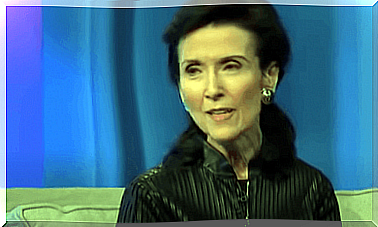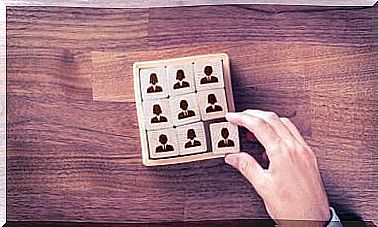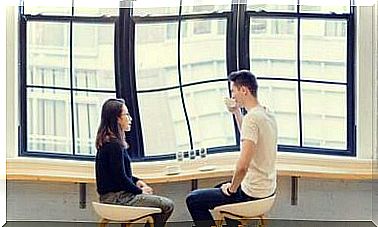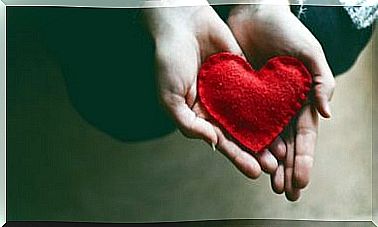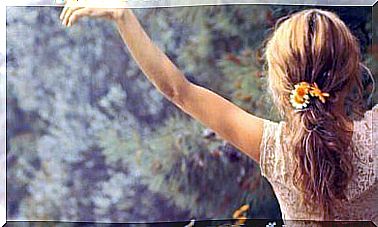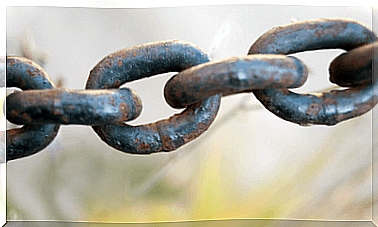The Routine: An Ocean Of Deep Waters
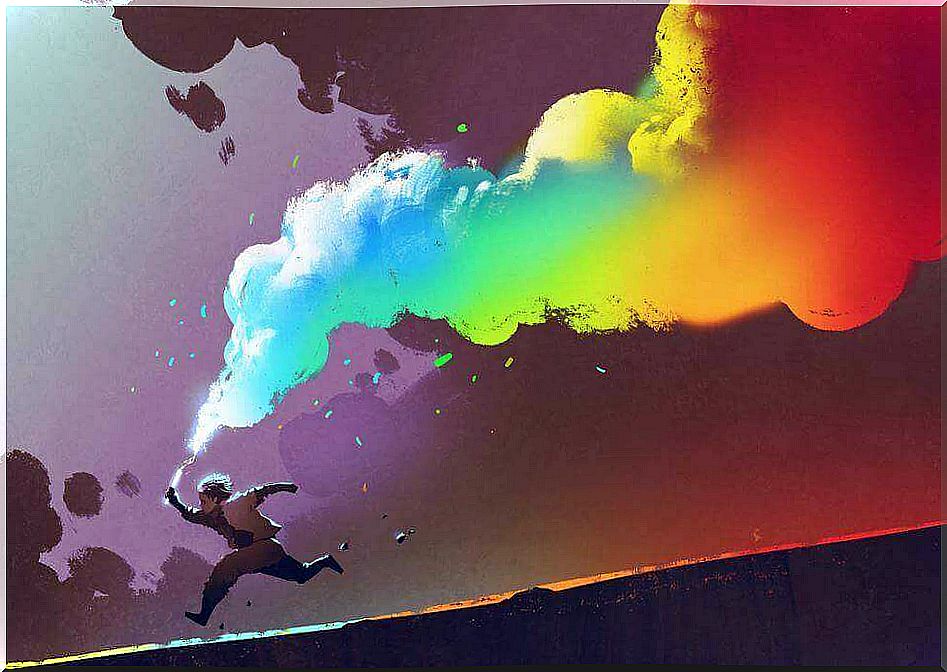
What are you doing today? Well, the same things as yesterday and what I will do tomorrow too: what dictates the routine.
I will get up, have breakfast, get dressed, take the subway by a hair or lose it, arrive late or just in time, bump into certain people rather than others, make some documents disappear from my desk and put others there, it will arrive the coffee break and a silly conversation about the last episode of the series that aired on television last night.
I’ll be out late, to get on with work and be able to go out on Friday night. At home the housework awaits me, of course, and I’ll see a movie, I’ll fall on the bed imagining possible scenarios for a life that, now, doesn’t have many. Routine, of course.
Perhaps Raphaëlle Giordano is right and our second life begins only when we discover we only have one. We give the starting signal after one of those experiences in which we see life pass in front of us in a second. A strange experience, described as magical by those who lived it, precisely because it has the power to rearrange our priorities.
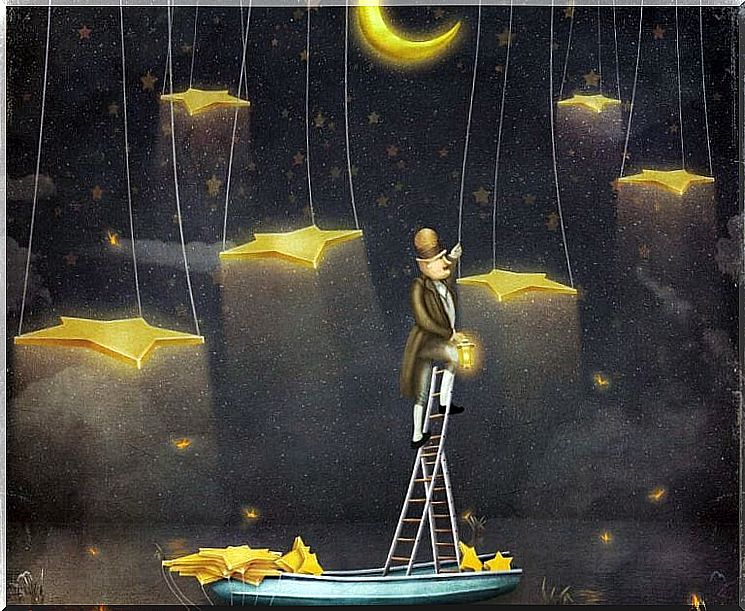
Creatures of habit
Experts say that man is a creature of habit and that nothing transforms his will, ours, and his way of thinking, ours, like habit. This habit makes the monk: frequent, constant and devoted. This chasuble, made of vulnerability, which we wear every day so as not to go around naked.
The uses and customs are reminiscent of the routine. An order that is repeated in a more or less invariable way and that gives us security. It puts aside the doubts, it equips us with strategies that we know are effective in dealing with the problems that arise frequently.
Routine also saves us an enormous amount of energy. It’s like introducing a program that runs on its own, we don’t have to think about it or draw it. We did it once and refined it over time. For example, at first we took the bus to go to work, but one day they canceled the line and we discovered that the metro is faster, contrary to what we had predicted. Our agenda is filled with reality and the success of our strategies.
Imagine having to think every day: what do I have breakfast with? How do i go to work? What time will it be better to take a break? … These are doubts already resolved in our program, perfected over time. So why cause a problem where it doesn’t exist? Why consume more resources than necessary to survive when we already have a routine?
The Routine: Aid or a Prison?
If the routine on which we rely is too rigid and does not find moments of respite it can exhaust us, and a lot. You will certainly know this feeling.
What used to help us has now become a cell in which oxygen is scarce. We think of breaking it, we even fantasize about doing it, but then not carrying out everyday actions means – at least at the beginning – going up a very steep climb: getting out of our comfort zone. It’s as if we wanted and didn’t want to at the same time, and in the presence of that doubt, we end up sticking to our routine.
What are the symptoms of this kind of “acute routine”? They are various: lack of motivation, fatigue, melancholy or nostalgia, mood swings, apathy, disenchantment and the suffocating feeling of having everything (or almost) to be happy and we are not.
We are talking about the typical feeling of emptiness, indefinite and suffocating, at the base of which we are unable to identify a clear origin. On the other hand, all the changes we imagine, when observed properly, seem a bit absurd: why should we try to go to work again by bus if we have already verified that it takes longer? Why change our breakfast if we like the current one and it gives us energy for the whole morning?
We are also talking about a lack of new goals to replace those already achieved. These new goals would be only the visible part of the iceberg, the one that excites us. When they fail, therefore, it is difficult for the enthusiasm to persist.
Maybe this oppression generated by routine is a lesser evil or just for people with sufficient resources to worry about superficial issues … or maybe not, because the truth is that when combined with other elements, such as loneliness, they are among the most common causes for which it is decided to consult a psychologist. In other words, one of the most common causes of human suffering.
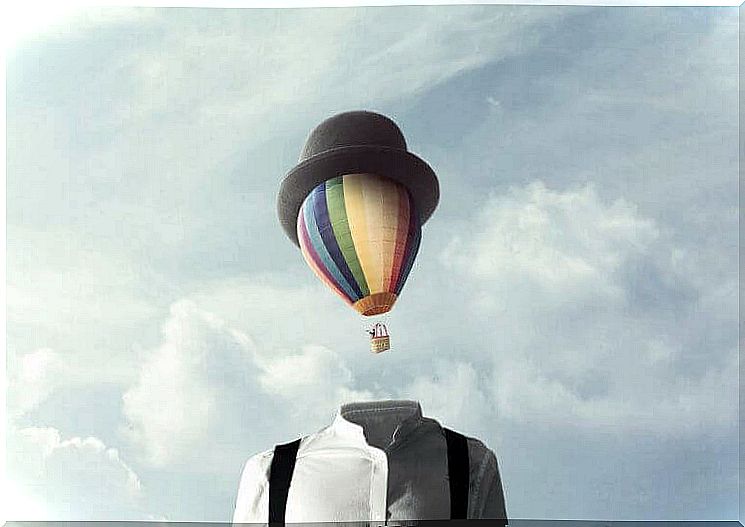
Routine: yes or no?
Improvisation is the antidote to routine and planning. We have to carry out new activities that we already know are to our liking, but also some that we believe will not be, but that are recommended to us. Maybe it will surprise us, a surprise that may be the best solution to weaken the foundations of the cell in which we feel imprisoned.
In this sense, there is a personal dimension that includes various models, we speak of “openness to experience”. This is the right size to cultivate, at least from time to time, if we do not want the routine to feed day after day and turn into a powerful monster that exceeds our strength.
We can therefore say that routine implies an enormous saving of energy, but it can also represent an enormous waste of the same when we stop dominating it and let ourselves be dominated by it, when the risk loses its attraction in front of what, apparently, it is safe, because we have repeated it several times.
